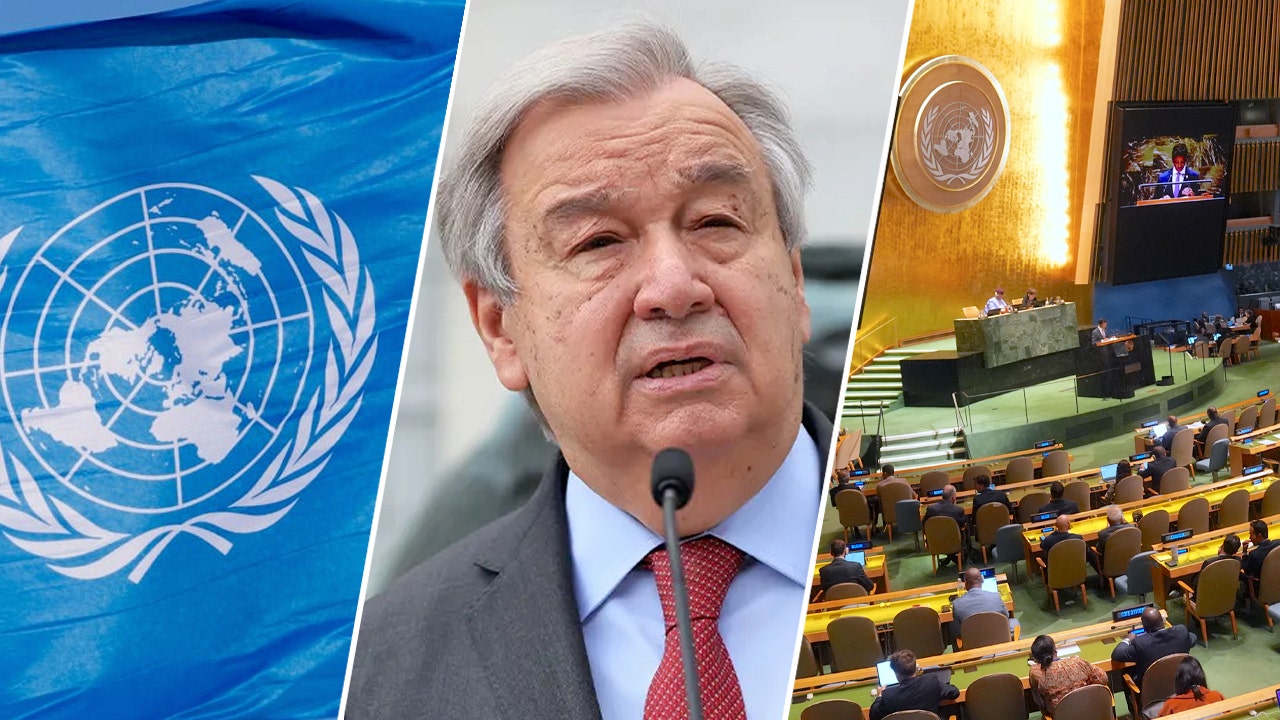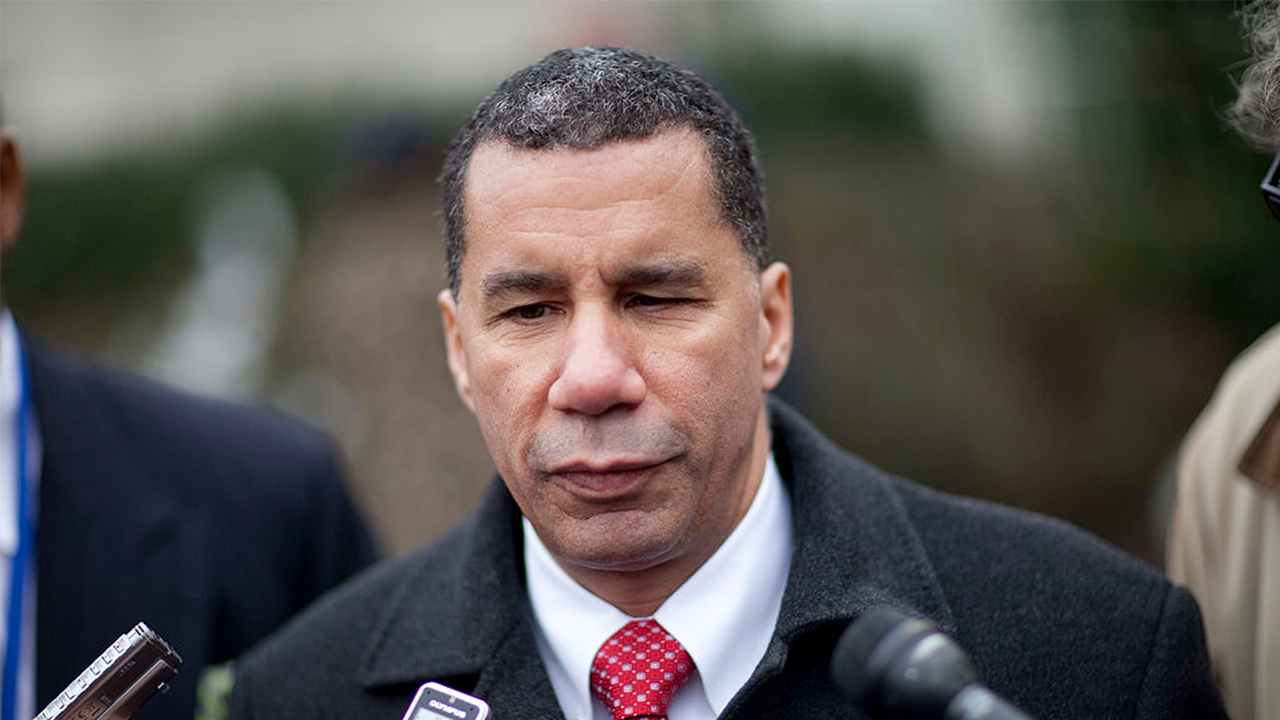 Science & Environment
Science & Environment
New UK Prime Minister Starmer says controversial Rwanda deportation…
British Prime Minister Keir Starmer said Saturday on his first full day in office that he is scrapping a controversial Conservative policy to deport asylum-seekers to Rwanda as he vowed to get change in motion, though he warned it will take time.
“The Rwanda scheme was dead and buried before it started,” Starmer said in his first news conference. “It’s never acted as a deterrent. Almost the opposite.”
The announcement was widely expected because Starmer said he would ditch the plan that has cost hundreds of millions of dollars but never taken flight.
The news conference followed his first Cabinet meeting as the new government takes on the massive challenge of fixing a heap of domestic woes and winning over a public weary from years of austerity, political chaos and a battered economy.
Starmer welcomed the new ministers around the table at 10 Downing St., saying it had been the honor of his life to be asked by King Charles III to form a government in a ceremony that officially elevated him to prime minister.
“We have a huge amount of work to do, so now we get on with our work,” he said.
Starmer’s Labour Party delivered the biggest blow to the Conservatives in their two-century history Friday in a landslide victory on a platform of change.
Among a raft of problems they face are boosting a sluggish economy, fixing a broken health care system, and restoring trust in government.
“Just because Labour won a big landslide doesn’t mean all the problems that the Conservative government has faced has gone away,” said Tim Bale, professor of politics at Queen Mary University of London.
In his first remarks as prime minister Friday after the “kissing of hands” ceremony with Charles at Buckingham Palace, Starmer said he would get to work immediately, though he cautioned it would take some time to show results.,
“Changing a country is not like flicking a switch,” he said as enthusiastic supporters cheered him outside his new official residence at 10 Downing. “This will take a while. But have no doubt that the work of change begins — immediately.”
He will have a busy schedule following the six-week campaign crossing the four nations of the U.K.
He will travel to Washington next week for a NATO meeting and will host the European Political Community summit July 18, the day after the state opening of Parliament and the King’s Speech, which sets out the new government’s agenda.
Starmer singled out several of the big items Friday, such as fixing the revered but hobbled National Health Service and securing its borders, a reference a larger global problem across Europe and the U.S. of absorbing an influx of migrants fleeing war, poverty as well as drought, heat waves and floods attributed to climate change.
Conservatives struggled to stem the flow of migrants arriving across the English Channel, failing to live up to ex-Prime Minister’s Rishi Sunak’s pledge to “stop the boats” that led to the controversial plan to deport asylum-seekers to Rwanda.

“Labour is going to need to find a solution to the small boats coming across the channel,” Bale said. “It’s going to ditch the Rwanda scheme, but it’s going to have to come up with other solutions to deal with that particular problem.”
Suella Braverman, a Conservative hard liner on immigration who is a possible contender to replace Sunak as party leader, criticized Starmer’s plan to end the Rwanda pact.
“Years of hard work, acts of Parliament, millions of pounds been spent on a scheme which had it been delivered properly would have worked,” she said Saturday. “There are big problems on the horizon which will be I’m afraid caused by Keir Starmer.”
Starmer’s Cabinet is also getting to work.
Foreign Secretary David Lammy was to begin his first international trip Saturday to meet counterparts in Germany, Poland and Sweden to reinforce the importance of their relationship.
Health Secretary Wes Streeting said he would open new negotiations next week with NHS doctors at the start of their career who have staged a series of multi-day strikes. The pay dispute has exacerbated the long wait for appointments that have become a hallmark of the NHS’s problems.










